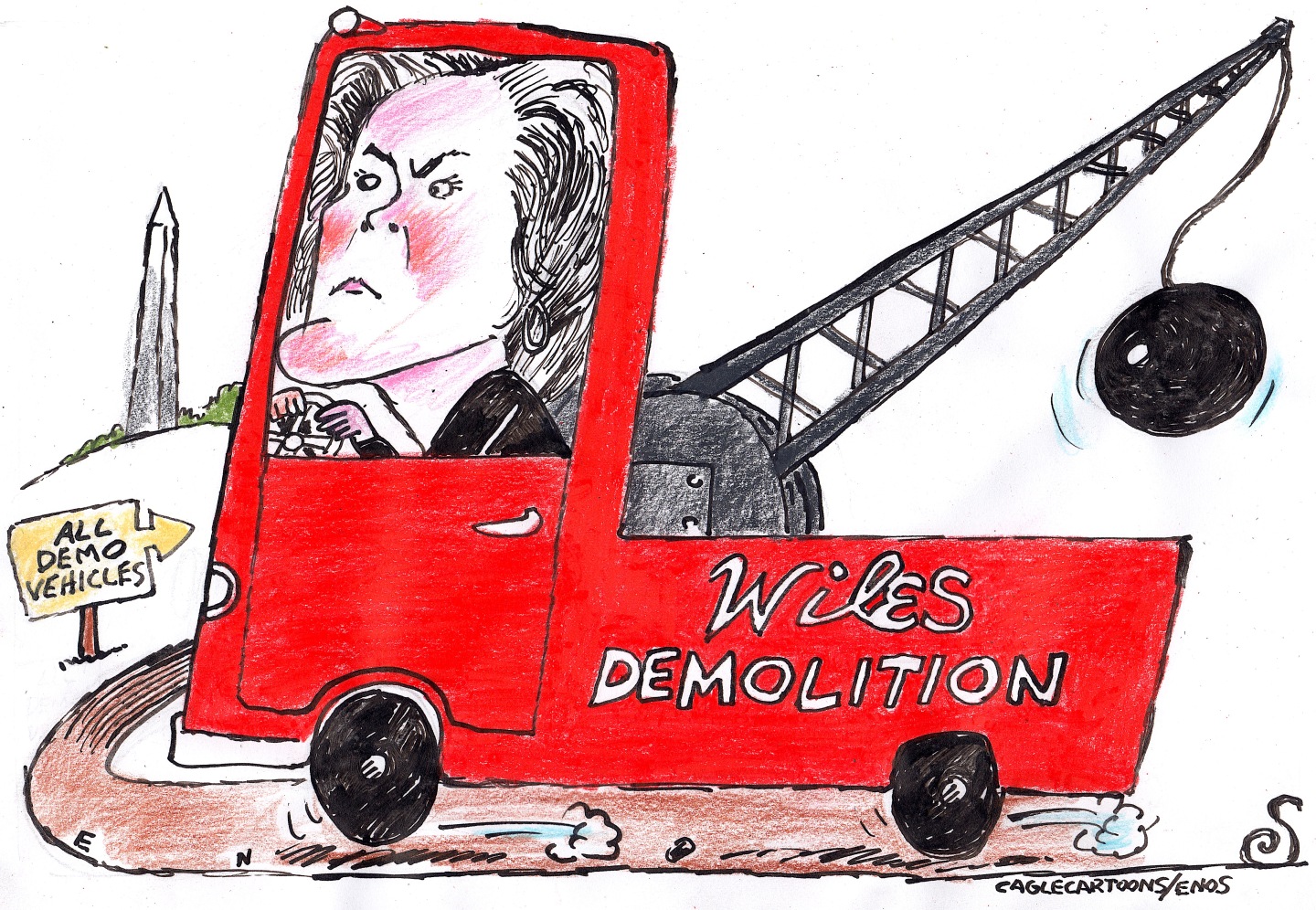Stage: A Man for All Seasons
Frank Langella is back on Broadway in this revival of Robert Bolt’s 1961 biodrama, A Man for All Seasons, delivering another bravura performance as Sir Thomas More.
A Man for All Seasons
American Airlines Theatre New York
(212) 719-1300
The Week
Escape your echo chamber. Get the facts behind the news, plus analysis from multiple perspectives.

Sign up for The Week's Free Newsletters
From our morning news briefing to a weekly Good News Newsletter, get the best of The Week delivered directly to your inbox.
From our morning news briefing to a weekly Good News Newsletter, get the best of The Week delivered directly to your inbox.
**
Had he been born in a different era, “Frank Langella would be luxuriating now in the official ranks of theater royalty,” said Linda Winer in Newsday. On the heels of Langella’s Tony-winning performance in Frost/Nixon, director Doug Hughes “has tossed the hungry acting giant a big chunk of juicy sustenance.” The powerful veteran actor is back on Broadway in this revival of Robert Bolt’s 1961 biodrama, delivering another bravura performance as Sir Thomas More, the 16th-century English chancellor who denied Henry VIII’s annulment from Catherine of Aragon and ultimately paid with his life. As the audience follows More’s crisis of conscience, they can’t help but be transfixed by Langella, who is a “throwback to a theatrical presence of more majestic times.”
“Stage actors don’t reach the living legend status achieved by this charismatic star” without good reason, said Ben Brantley in The New York Times. Some actors glow with charisma; Langella is truly blinding. Yet he can’t outshine some of the dull deficiencies of Bolt’s script, which portrays More as a force of “monolithic goodness.” More’s steadfastness may make him a man for all seasons, but Bolt neglects to give his pious hero any flaws. Drama requires characteristics like “doubt, vacillation, and change,” and though Langella can usually be counted on to “put the pepper in mashed-potato parts,” he’s usually better with sinners than with saints. You can see him struggle to find emotional variety and range, and Hughes’ turgid and preachy production doesn’t provide much help.
Nor do the supporting players, said John Simon in Bloomberg.com. The hyperactive Patrick Page is “amusingly physical” as King Henry, and Zach Greiner is satisfyingly creepy as the persecutory villain Thomas Cromwell. But Maryann Plunkett is “too prosaic” as More’s wife, Alice, and Hannah Cabell makes More’s supposedly learned and beautiful daughter Margaret seem “stilted and unfeminine.” The discrepancy in the cast’s accents—“everything from suggested British to all kinds of American”—would be funny if it weren’t so annoying. Pretty much the only reason to see this wayward production is the “bravura performance that glorifies Langella as much as More.”
A free daily email with the biggest news stories of the day – and the best features from TheWeek.com
-
 5 fairly vain cartoons about Vanity Fair’s interviews with Susie Wiles
5 fairly vain cartoons about Vanity Fair’s interviews with Susie WilesCartoon Artists take on demolition derby, alcoholic personality, and more
-
 Joanna Trollope: novelist who had a No. 1 bestseller with The Rector’s Wife
Joanna Trollope: novelist who had a No. 1 bestseller with The Rector’s WifeIn the Spotlight Trollope found fame with intelligent novels about the dramas and dilemmas of modern women
-
 Codeword: December 20, 2025
Codeword: December 20, 2025The daily codeword puzzle from The Week